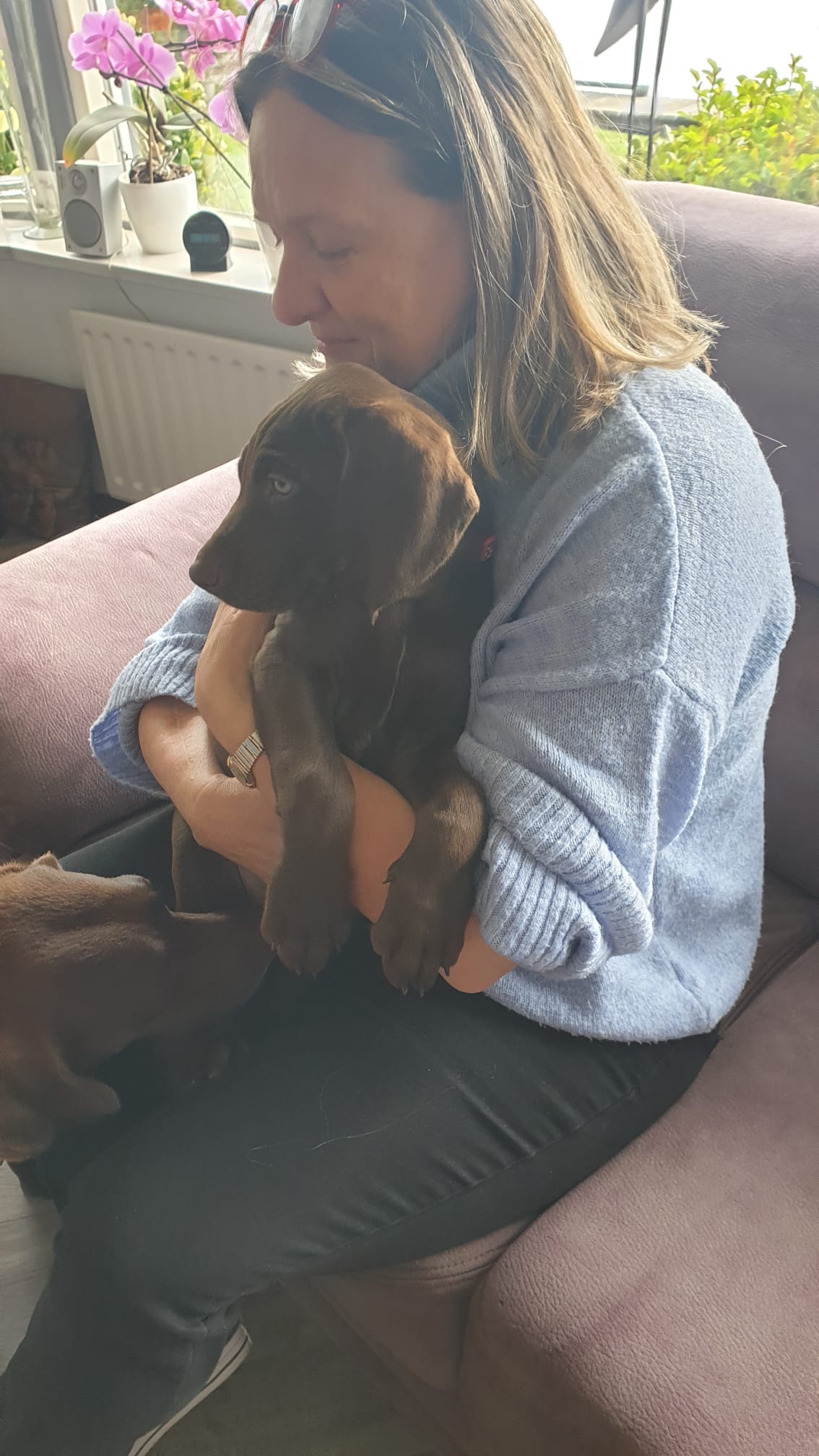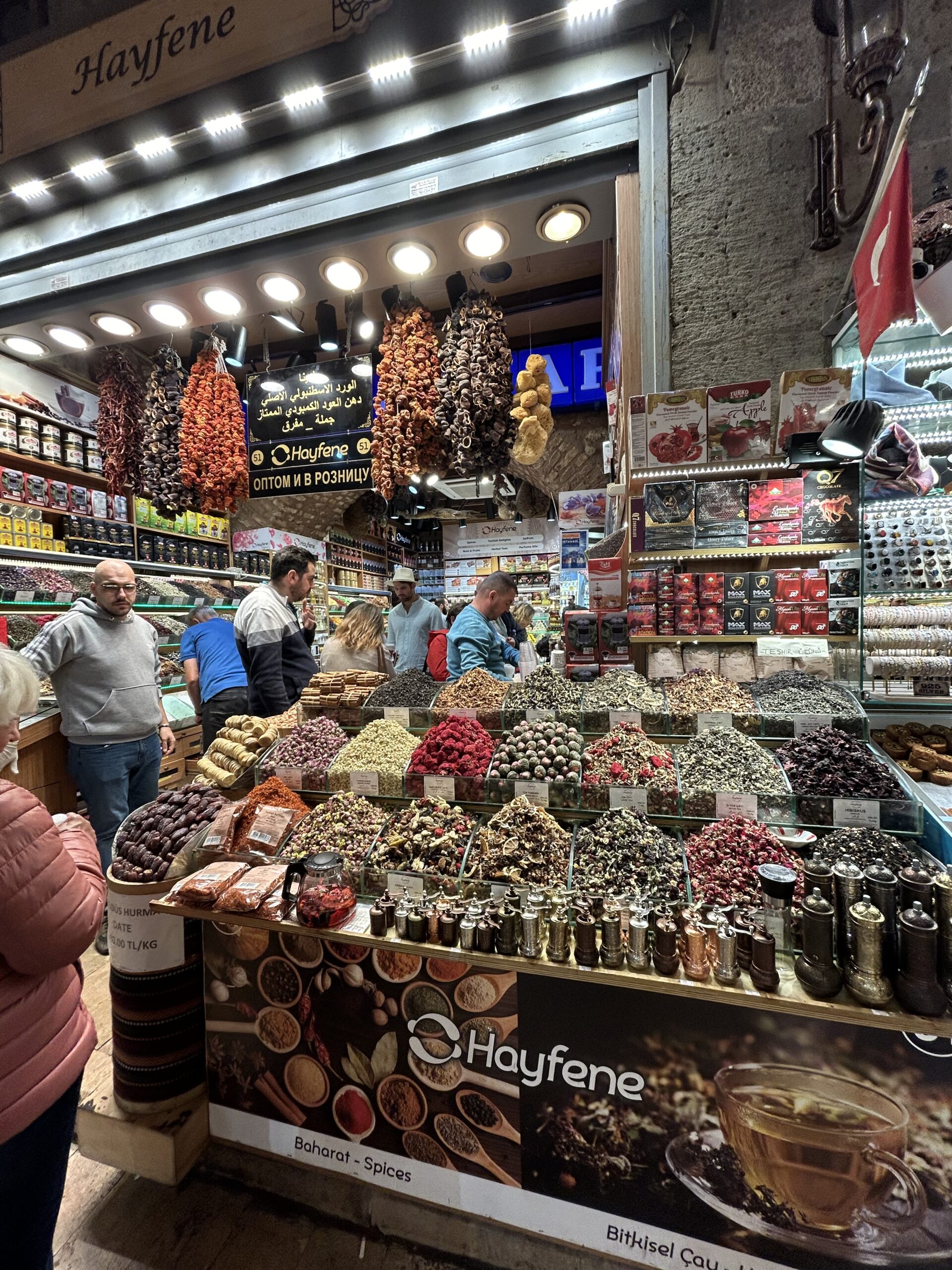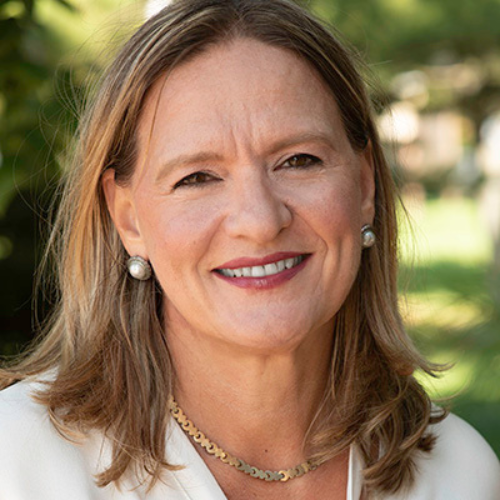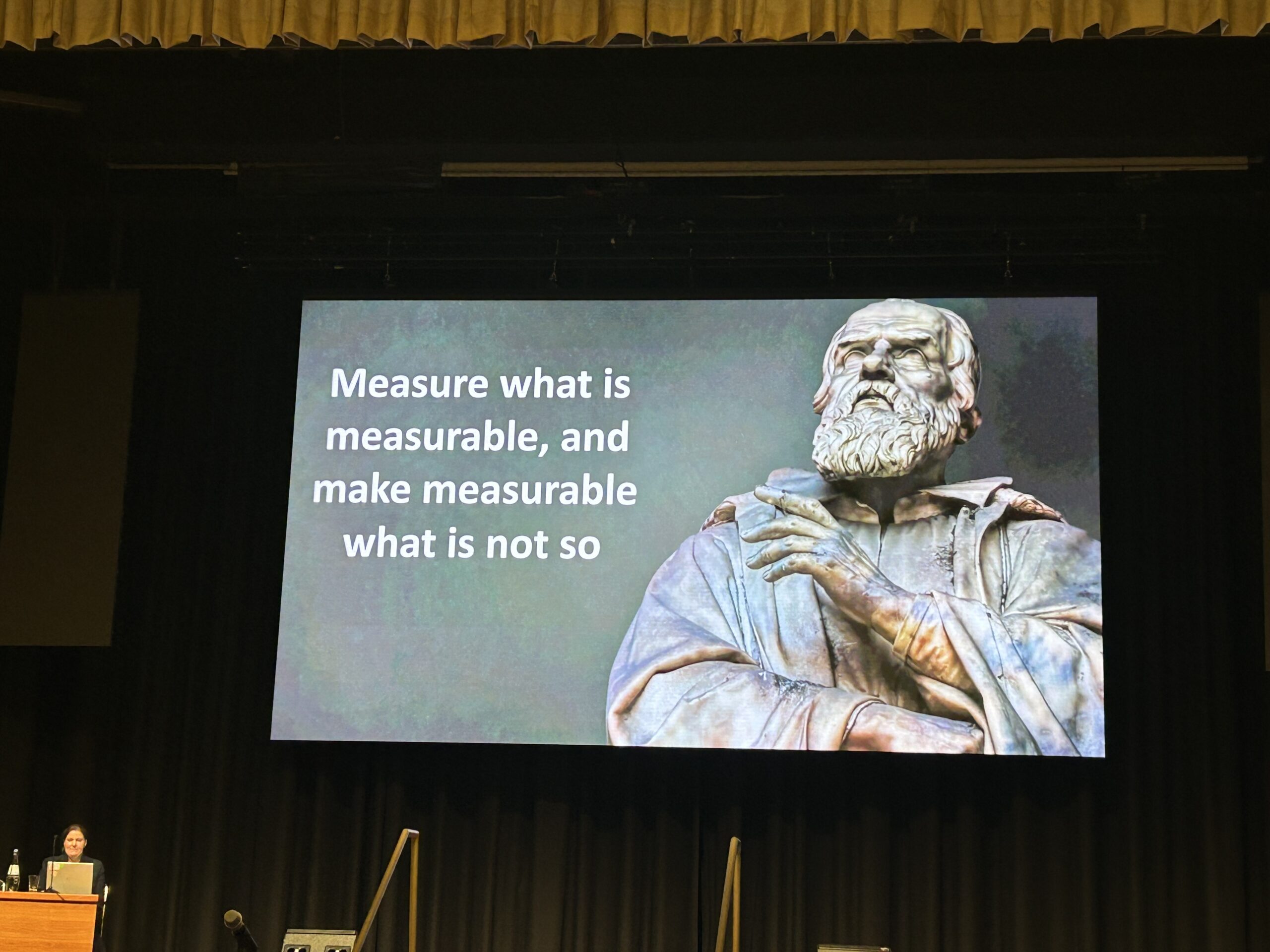
October 2024 was a whirlwind of travel and discovery! My journey began in Amsterdam at the World Drug Safety Congress Europe, held on October 9-10, a pivotal gathering focused on innovations and challenges in pharmacovigilance. The event buzzed with topics including the integration of AI and automation in drug safety, strategies for managing drug-related risks, and improvements in patient-centric approaches to safety monitoring. These advancements are expected to help health systems and pharmaceutical companies better track and respond to adverse events, enhancing patient safety.
At the World Drug Safety Congress Europe, the importance of drug safety was at the forefront. Exhibitors and speakers alike highlighted how essential it is to ensure safety throughout a product’s entire lifecycle—not just for life sciences companies, but most importantly, for the patients who depend on them. While there was no shortage of thought-provoking discussions, one topic that particularly resonated with me was the role of Patient Experience Data (PED) in shaping better outcomes. PED brings the voices of patients to the forefront, offering insights into their symptoms, daily challenges, and quality of life. It also captures their experiences with treatments and the outcomes they value most—essentially, what matters most to the individuals we aim to serve.
PED is collected through diverse channels, including patient interviews, surveys, digital health technologies, and Clinical Outcome Assessments (COA) during trials. These insights not only guide regulatory benefit-risk assessments but also enable more patient-centric decision-making. Recent regulatory updates, such as the FDA’s Benefit-Risk Assessment Guidance for Industry, the EMA’s Regulatory Science to 2025, and the CIOMS Working Group Report on Benefit-Risk Balance for Medicinal Products (June 12, 2023), underline the growing importance of this approach.
This focus on patients aligns seamlessly with our mission to provide inclusive and culturally relevant language solutions. Effective communication plays a crucial role in the success of patient engagement strategies, regulatory compliance, and data collection efforts like PED. By delivering translations and adaptations that resonate with diverse populations, we empower life sciences companies to bridge cultural gaps and truly connect with the people they serve. As I reflected on the insights from this event I attended, one thing became clear: advancing patient safety and inclusivity requires more than just innovative tools or methodologies—it demands a commitment to understanding people and their unique stories
balancing work, life, and a whirlwind of adventures
Between a packed schedule of events and conferences, I cherish quality time with my husband. He never complains—patiently walking our spirited hunting dog twice a day for two hours and effortlessly managing the lion’s share of household chores, making it all look effortless. His unwavering support allows me to focus on my commitments, knowing that everything at home is wonderfully managed.
Attending the ISOQOL annual conference in Cologne October 13-16 proved to be an exceptional opportunity for professionals dedicated to health-related quality of life (HRQOL) and patient-centered outcomes. The conference highlighted the latest advancements in research and methodologies, bringing together leading experts from around the world. I learned more about the innovative trends and gained insights from visionary keynote sessions. Among the many insights I gained, a few stood out.

• HRQL research evolution: HRQL research has not only advanced in administration methods and validity assurance but also in conceptual understanding. We discussed the evolution of HRQL, from its foundational measures to current research and its potential future directions.
• digital healthcare challenges: Digital healthcare and clinical monitoring introduce numerous legal, ethical, and regulatory challenges. We explored the different perspectives on adopting digital health measures in clinical trials, addressing varied regulatory frameworks and providing clarity for stakeholders.
expanding health outcome assessments: Finally, health outcome assessment now goes beyond patient-reported outcomes. We discussed the rise of family-reported and digital health outcome measures, examining their implications and how they complement established clinical assessments.

After two conferences, I decided a change of pace was in order, so I made my way to Istanbul to meet my daughter’s in-laws. What can I say? I experienced the best hospitality on the planet! Picture this: for five days, I was treated to a grand culinary explosion and introduced to their extended family (yes, very extended!). Istanbul, a mystical city of 23 million people, offered memories as rich as its pastries. The warmth of the people, the laughter shared over endless cups of tea, and the bustling markets filled with vibrant spices made it an unforgettable adventure.
After my Istanbul adventure, I found myself back in the Netherlands with barely enough time to do my laundry before embarking on a whirlwind tour across Europe for an onsite client meeting. Picture a nerve-racking train ride with several connections that I miraculously made “just in time,” all while being completely out of breath. Despite the travel chaos, the client experience was fantastic, further confirming the irreplaceable value of face-to-face meetings. And let me tell you, there is nothing quite like the adrenaline rush of sprinting through a train station with a suitcase in tow to remind you of the importance of punctuality.
championing inclusion and sustainability in every step
In my role at CQ fluency, a diverse services supplier company, inclusion is of paramount importance. This core value resonates deeply with the many life sciences companies we partner with, many of whom also prioritize inclusive practices. At the events I attended in October, and during a recent client visit, sustainability emerged as a top priority—and it’s becoming an increasingly critical factor in vendor selection. One of our clients, for example, is planning on encouraging sustainable commuting by limiting parking options for employees who live within a 45-minute radius from work—a clear step toward reducing their carbon footprint.
Clients are beginning to ask pertinent questions about what their partners and suppliers are doing to address environmental impacts. Sustainability is no longer just a nice-to-have; it’s a must-have. At CQ fluency, we understand that our role as a language solutions provider goes beyond words. It’s about supporting clients’ broader missions, including sustainability and social responsibility. Our EcoVadis certification underscores our commitment to minimizing ecological impact and supporting the UN Sustainable Development Goals. But sustainability isn’t just about our internal practices—it’s also about how we help our clients meet their own sustainability goals. By offering streamlined, culturally adapted communication solutions, we help clients reduce inefficiencies, minimize unnecessary resource use, and foster meaningful connections with diverse communities. In today’s world, choosing the right partners is about more than just capabilities—it’s about values. As a global company, we’re proud to align with clients who are not only shaping the future of healthcare and life sciences but are also driving meaningful progress in sustainability and inclusion.
So, as the dust settles from my whirlwind travels and exhilarating client meetings, I take pride in knowing that our efforts at CQ fluency are not just about providing excellent service, but also about making a positive impact on the world. And who knew that such profound realizations could come alongside tales of frantic train sprints and tight travel schedules? Here’s to more adventures and meaningful work that makes every journey worthwhile.

AUTHOR
Clio Schils
vice president, global life sciences
As VP of Global Life Sciences at CQ fluency, Clio ensures the highest quality and efficiency across a broad spectrum of clinical translations, from pharmacovigilance to linguistic validation. She has played a pivotal role in fostering global partnerships with leaders in pharmaceuticals, medical devices, biotech, and more. With a passion for patient understanding and advocacy, Clio continues to drive innovation in multilingual communication. Reach out to Clio and her team to learn how CQ fluency can help bridge communication in the life sciences industry.
